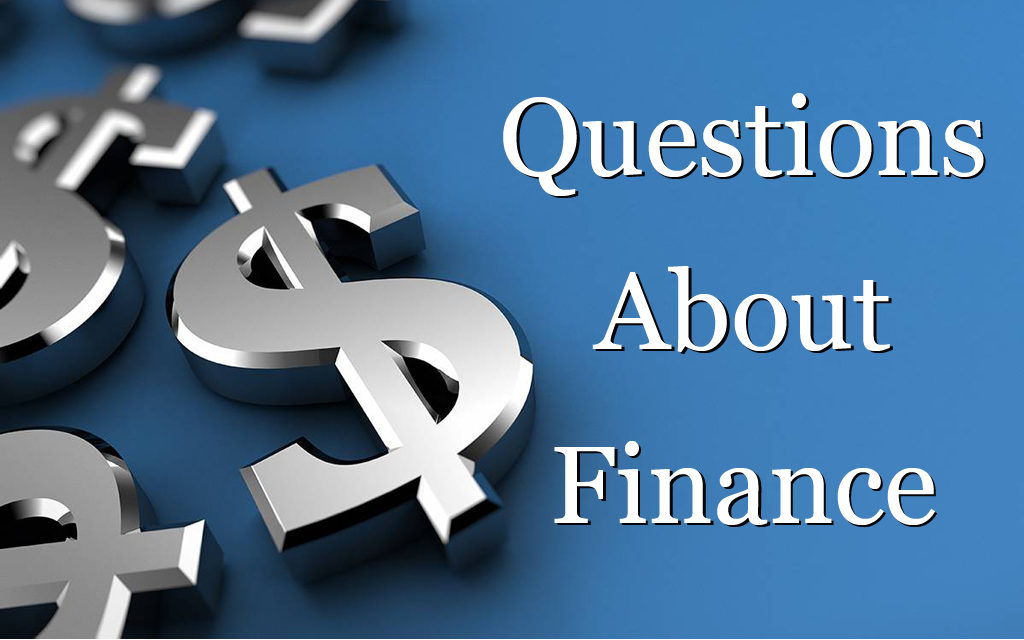by Taylor J. Kovar – CEO/Founder, Kovar Wealth Management
–Hi Taylor – I’ve never used a credit card and I’m starting to feel like I’m the only one. Thinking it might be time to dive in, but I want to know some of the dos and don’ts before I get started. Any thoughts?
–Hey Aubree – As a matter of fact, I do have some thoughts on credit cards. They’re a great financial tool right up until the moment they aren’t, then they become an absolute burden. A few things you need to know:
- Don’t carry debt. If you’ve never had a credit card before, having a $100 balance from one month to the next might not seem like a big deal. Any interest paid is money lost, and the false sense of security that comes from having money in your bank account while you’re paying for things on credit can be a real killer. Young people get tricked into thinking credit cards just give out free money, and it’s not until they’ve got five different Visas and $40,000 in debt that the problem becomes painfully apparent. So, as a rule, pay your balance down every month. Don’t use the credit card to spend money you haven’t earned yet.
- Stick to two or three cards. Start with one and get a feel for its use. As long as you’ve got things under control, it’s okay to add a second card. Maybe you’ve got one that you just use for gas or a card that’s just for business expenses so you know where to look for write-offs come tax time. As long as you aren’t falling behind or overspending on the extra card, it can be really helpful to keep expenses separated this way while still earning rewards. If you’re responsible, there’s no reason to avoid adding a third card. Once you get beyond that, you’re probably digging yourself a hole. Start with one card and don’t be afraid of a second; from there on out, be very judicious about bringing another credit card into your life.
- Choose good rewards. Let’s be honest, every reward sounds exciting. They’re rewards! The promotions make it seem like you’ll become a millionaire just for opening a new account. Think past the initial bonus and consider how often you’re going to use that card and when the rewards will actually pay off. If it’s cash back on gas purchases and you’re a commuter, that’s a smart card. If you get airline miles and you fly across the country twice a year, that makes sense. If it’s a Target card and you shop at Target three times a year, that might not be the best option. It might encourage you to go to Target more than you actually need to. Whatever you choose, earning these rewards shouldn’t change your spending habits.
How you use a credit card depends a lot on your Money Personality, which you can learn more about at 5MoneyPersonalities.com. If you understand your own tendencies, you can make credit cards work for you without going off the deep end. Good luck, Aubree!




